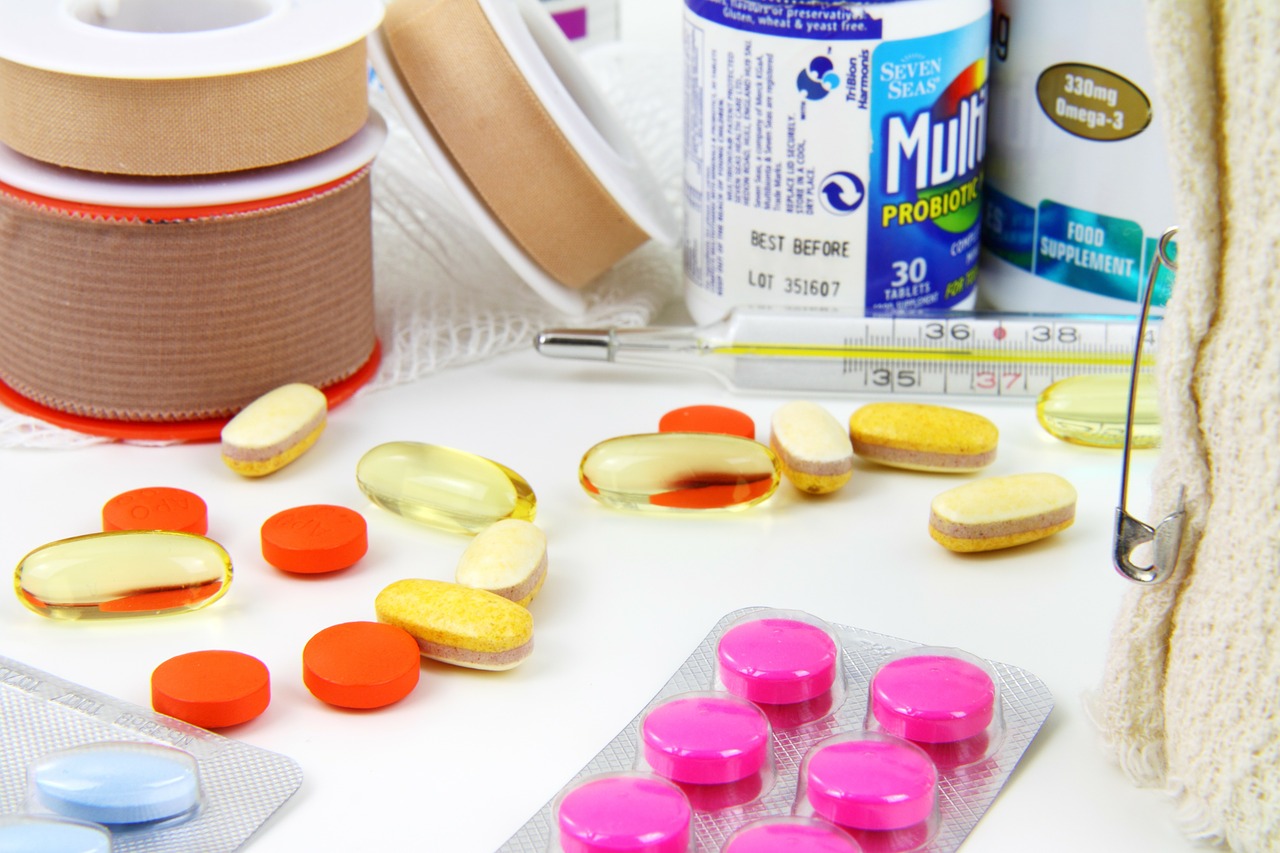
Having a solid first aid kit at home is essential, though it’s something we often don’t think about organising until we need it. It’s important to have items in there that can help deal with anything from minor injuries like cuts and bruises to some more essential items for if something more serious occurs. So don’t wait for the next injury to happen, head on down to Chemmart Pharmacy and take this list to create a first aid kit for your home.
1. Sterile Gloves
If you have cuts or burns then it’s best to treat them with sterile gloves on, so you don’t risk contaminating the wound with dirt and grime. Remember it’s important to replace them when you’ve used them.
2. Alcohol rubbing wipes
These are so important for disinfecting any cuts our wounds.
3. Antiseptic ointment
Again important for any cut or wound.
4. Hydrocortisone Cream
This instantly helps relieve any swelling or itching from insect bites and stings.
5. Pain relief medication
Ibprofen is good to have on hand as it reduces inflammation, so is suited as a pain relief for any physical injury. Paracetomol is good to have on hand for headaches and reducing fevers. If you have young children or an infant ensure you have a child friendly version of these painkillers.
6. Energy bars
Energy bars are handy if you need to get blood sugars up in a patient. This could be from either someone who is diabetic or if someone goes into shock.
7. Electrolyte powder
This will help with dehydration and heat stroke.
8. Gauze pads in different sizes
Gauze pads are needed to cover up any wounds once they have been cleaned.
9. Medical tape
10. Slings and bandages
For any breaks and sprains.
11. Instant cold packs
This is for any burn or unexpected muscular injury.
12. Scissors and tweezers
Tweezers are always handy for any splinters or wounds with gravel in them.
13. Alovera Gel
For any burn or sunburn, this natural ingredient provides an instant soothing effect.
14. Activated charcoal
Activated charcoal is used when someone has been poisoned.
15. A list of emergency contacts
Have a list compiled of all your emergency contacts like doctor, after hours clinics, emergency services etc. If there is anyone in the family who has an extensive medical history, or a certain condition it’s good to have a copy of that record on hand should anything go wrong.
If in any doubt what you should have in there, it’s always better to be over prepared then under prepared.

